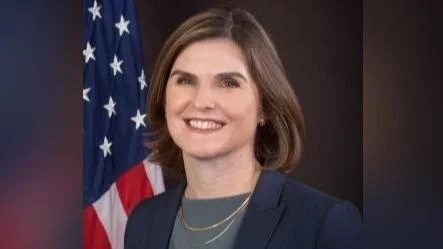Churches in both the Eastern and Western traditions are set to celebrate Easter on the same day this year, Sunday, April 20, 2025. This rare alignment of Easter dates has sparked discussions about unity among Christian denominations. The Western churches, including Catholics of the Latin Church and most Protestants, use the Gregorian calendar, while the Eastern Orthodox churches and some Eastern Catholic churches follow the Julian calendar, which usually results in different Easter dates due to a 13-day discrepancy.
Pope Francis recently emphasized the significance of this alignment by stating, “Easter belongs to Christ!” during a meeting with representatives of the Pasqua Together 2025 Initiative. The pope stressed that this opportunity for unity “must not be allowed to pass by in vain.”
The First Council of Nicaea in 325 set the historical precedent for a unified Easter date. However, the Great Schism of 1054 fractured the Christian community, and the introduction of the Gregorian calendar by Pope Gregory XIII in 1582 further distinguished the timing of Easter between the two traditions.
Father Alexander Rentel from the Orthodox Church in America identified the challenges of aligning Easter dates as complex and influenced by historical divergences. Father Stefanos Alexopoulos of The Catholic University of America suggested three potential solutions: aligning the Catholic Easter with the Orthodox date, the Orthodox aligning with the Catholic date, or finding a new method altogether. He notes, “The will from both leaders is without question there and is honest; the implementation is difficult.”
Aristotle Papanikolaou from Fordham University and Father Rentel shared skepticism about achieving change past this year due to deeply ingrained historical identities and institutional resistance within the Orthodox Church. Nonetheless, Father Rentel remains open to the possibility of divine intervention, asserting, “Ultimately, God can inspire us and move us in ways according to the purpose of fulfilling his will.”
Father Alexopoulos remains hopeful, stating, “May this year’s common date be the beginning of a common witness of Christ’s resurrection to the whole world.” This perspective suggests that the coinciding Easter could be a potential catalyst for greater unity among Christian communities worldwide.
Kimberley Heatherington contributed this report from Virginia for OSV News.
 Alerts Sign-up
Alerts Sign-up





